10 Shark Tank Rejects That Became Super Successful
Numerous entrepreneurs have volunteered to pitch their inventive items to Sharks on Shark Tank over the years. As a result, while some have left the show with a deal, many others have been turned down by the sharks for various reasons.
While not every entrepreneur manages to secure a deal from the investors, a few have become successful without their financial investment.
10 Super Successful Shark Tank Rejects
Let’s take a look at ten businesses that pitched on Shark Tank, returned home after being rejected, yet found ways of transforming their businesses into successful companies.
1. Copa di Vino
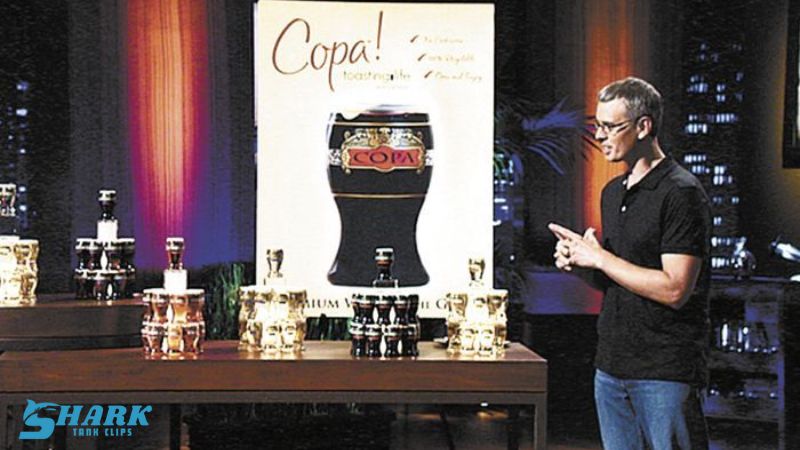
During the show’s second season, Vintner James Martin came to Shark Tank season 2 and introduced single-serve wine in a plastic container. He asked for $600,000 in return for 30% equity in his business.
Many of the sharks liked his business; however, they were displeased with his ego and personality during negotiations. Therefore, none of the Sharks invested in his business.
Even though he didn’t get the deal he sought, investors started to show up after the episode aired.
Following his popularity, Shark Tank producers welcomed him back with a second opportunity to promote his item in season 3, which hadn’t been proposed to any other guest.
Again, Martin left without a deal, yet the exposure from the episode resulted in skyrocketing deals.
After Shark Tank, James went to the market and branded his seven patented, different, single-serving wines with usable lids with great success.
He then eventually sold the company to the Splash Beverage Group in December 2020 for around $5.98 million.
2. The Lip Bar
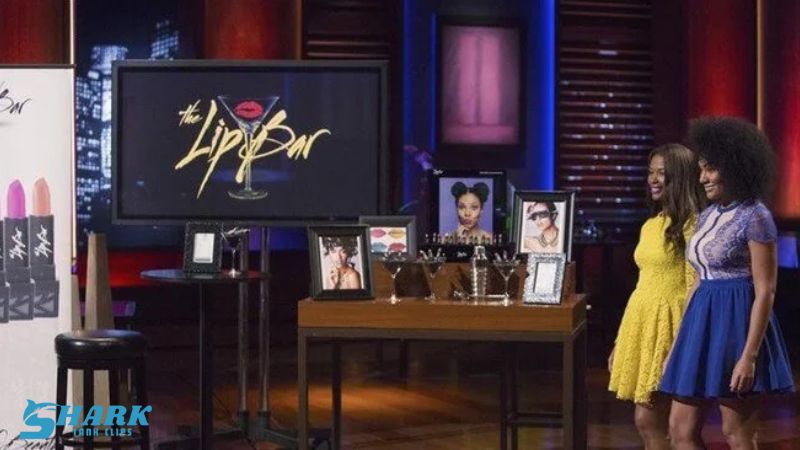
Melissa Butler brought her vegan, gluten-free, and paraben-free lipsticks to season 6 of Shark Tank with eye-catching vibrant colors.
Butler’s primary goal in coming to Shark Tank was to gain exposure. The pitch for a $125,000 investment in return for a 20% equity in the business was rejected by each Shark.
After the show, Butler presented her product to Target. The popular retailer now sells The Lip Bar lipsticks and blushes in 450 of its retail stores and online.
She even had her items used by big celebrities. The company had an expected net worth of around $7 million.
3. Kodiak Cakes
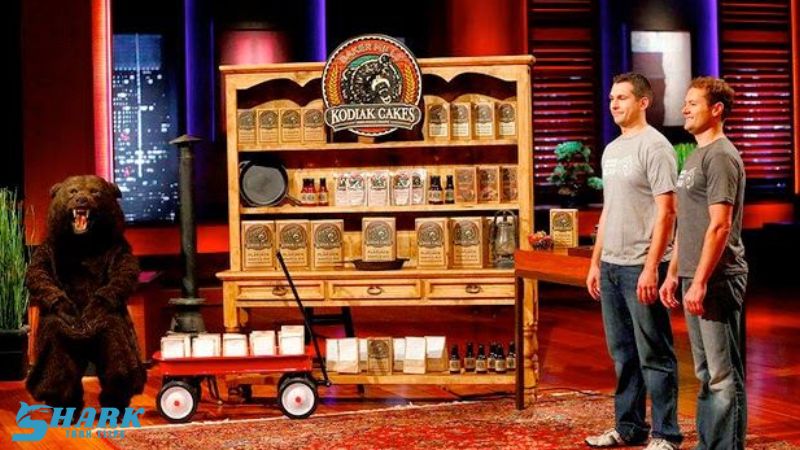
Co-founders Joel Clark and Cameron Smith appeared on season 5 of Shark Tank, looking for $500,000 in return for 10% of their Kodiak Cakes company.
Kodiak Cakes is a natural food brand that makes whole grain, protein-rich breakfast choices.
The Sharks generally loved the taste and nutritional benefits of these pancake blends. However, none of the Sharks agreed with the company’s valuation.
The sharks doubted the development forecast, so just two offers were placed on the table. However, none of the deals suited Clark and Smith, so they declined.
They ended up hitting $100 million just six weeks after airing on Shark Tank and doubling that two years later. However, the annual sales of Kodiak Cakes are $160 million.
They’ve expanded their lineup of items and now sell graham crackers, microwavable flapjack cups, oats, and granola bars.
4. Hammer and Nails
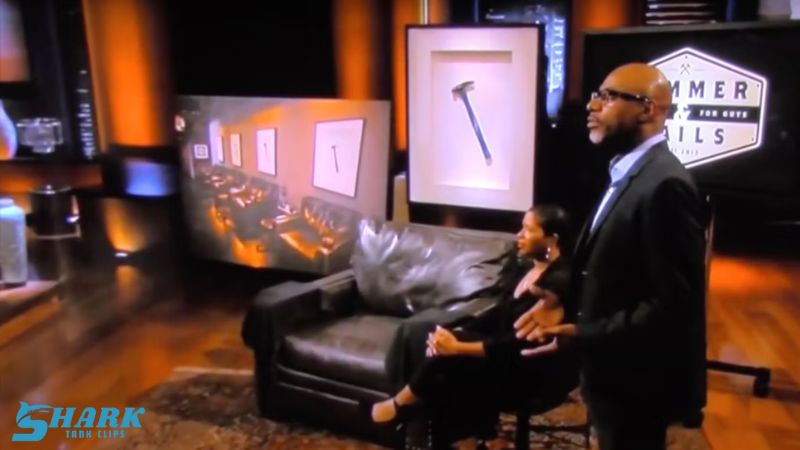
Michael Elliott came to Shark Tank season 6 with a unique yet needed idea. In front of the Sharks, he presented an idea for a nail salon for men. He aimed to put “man” in “manicure.”
He asked the Sharks for a $200,000 investment for 20% equity in his business and valued his company at $1 million.
The owner felt that many guys wanted to get these simple services done but didn’t want to walk into an all-women salon to do it.
While the sharks did love the idea, they felt that it was already in the market and ultimately decided not to invest in the business.
After appearing on Shark Tank, some investors reached out to Michael. He kept pursuing his idea and now has over 41 franchises in 15 different states across the United States.
With all of the branches combined, the company’s annual revenue has gone over $25 million, and the company is worth $100 million.
5. Ring
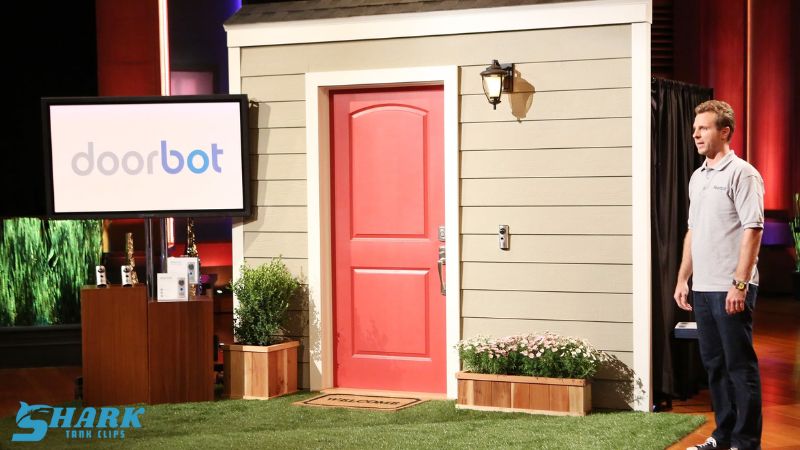
Jamie Siminoff appeared on season 5 of Shark Tank with his product – the first Wi-Fi video doorbell, a gadget called Doorbot. he asked for a $700,000 investment for 10% of the company.
The possibility of the world’s very first WiFi video doorbell certainly intrigued the sharks. However, Jamie received only one deal and later turned it down.
While Doorbot couldn’t secure a deal from the show, the episode caught the attention of another investor, Richard Branson. He contacted Jamie and then rebranded the product as Ring.
This Shark Tank missed opportunity is considered one of the biggest in the history of Shark Tank. Later, the owner returned to the show as a guest shark.
He also sold his company to Amazon for an estimated $1.2 billion, making Ring Amazon’s second-largest acquisition.
6. BedJet
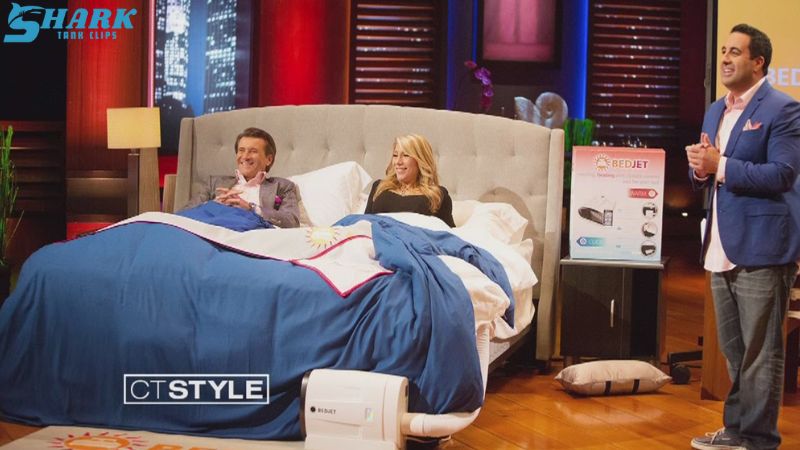
Entrepreneur Mark Aramli came to Shark Tank in season 6 and pitched his mattress accessory product called BedJet, a fast-cooling fan system made for under-the-bed sheets. He asked for $250,000 for 10% equity in his company.
At first, it seemed like the sharks liked the product. However, the pitch went downhill when the Sharks started asking about sales. Aramli revealed that the product had little to no sales yet as it was mostly still in its prototype stage.
Ultimately, the sharks decided that the product was going to fail. However, Aramli used all his life savings, credit cards, and a mortgaged house to pursue his dream. The company has turned out to be successful and now has around $5 million in annual sales.
7. Xero Shoes
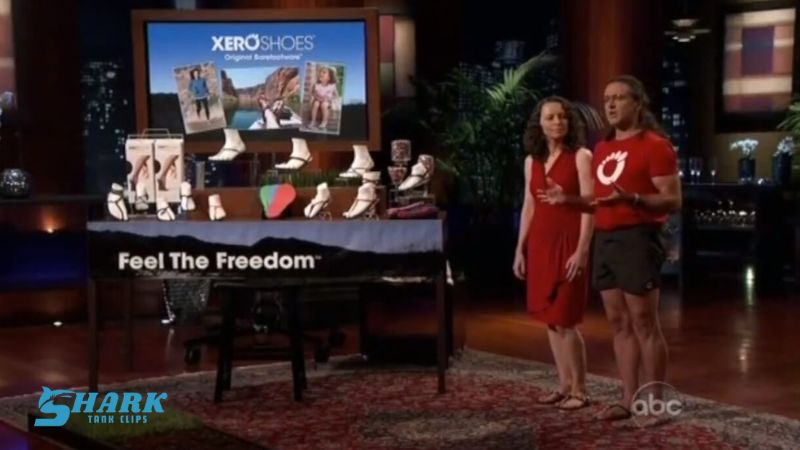
The couple Steve Sashen and Lena Phoenix appeared on Shark Tank season 4 to pitch their minimalist “barefoot” style shoes. They asked for $400,000 in return for 8% equity in their brand.
Even though they did not get any deal, they definitely got the exposure they needed to grow their business.
Just seven days after their episode aired, they did 20% of the previous year’s volume in orders.
With a number of investors reaching out to them, they ended up partnering with a private equity firm called TZP Group and continued to grow their business. The company has over $23 million in annual sales.
8. The Bouqs Co.

John Tabis came to Shark Tank season 5 with his floral company, The Bouqs Co. The owner wanted to find a way to get high-quality, sustainably grown flowers delivered to people’s doorsteps. He asked the Sharks for $258,000 for a 3% stake.
The sharks did not like that after placing an order, and it could take 5-6 days to deliver the flowers. Initially, a deal was not made on the show, but the company received a lot of exposure.
Later, Shark Robert Herjavec was in need of flowers for his wedding, so he reached out to Tabis. He then invested in a round that raised $24 million.
Since 2017, Tabis has earned over $1 million in sales, and his company has obtained over $88 million in yearly revenue.
9. MealEnders
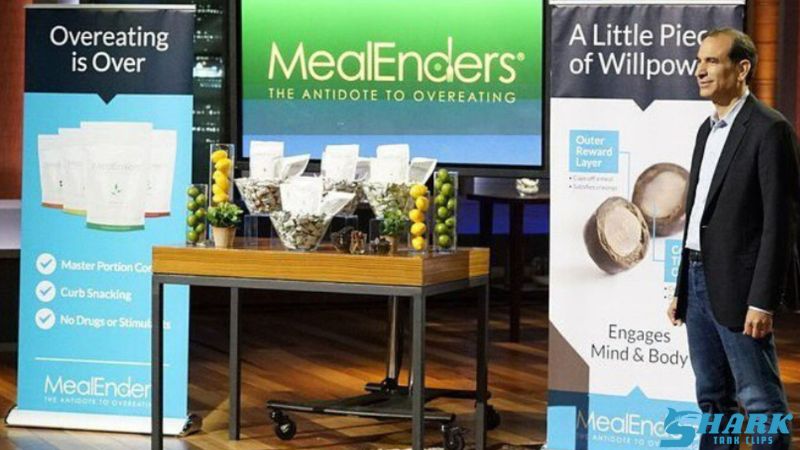
CEO Mark Bernstein came to Shark Tank season 8 and pitched his product, MealEnders. He asked the Sharks for $300,000 in exchange for 8% of his company.
MealEnders is a product that was mainly designed to help control your cravings and stop you from constantly overeating with a simple lozenge/tablet.
Although Bernstein had $1.4 million in sales on his own Amazon store in just 18 months, the Sharks did not like the taste. Eventually, none of them decided to invest in the product due to a lack of information.
After the airing of Bernstein’s episode on Shark Tank, the product sold over $400,000 within a few days, and the company’s gross was over $1,000,000 in annual sales.
10. Rocketbook
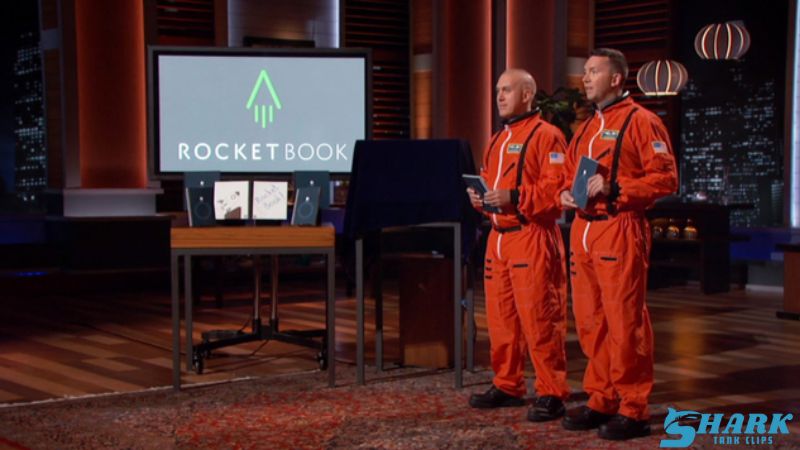
Appearing on Shark Tank Season 8, Entrepreneurs Jake Epstein and Joe Lemay presented their company Rocketbook and asked for $400,000 in return for 10% equity.
Rocketbook is a reusable and erasable notebook that is compatible with smartphones. It also has instant cloud-sharing features that users can use to send notes to other people online.
Rocketbook had $2 million in sales when they appeared in Shark Tank. Even though some Sharks liked the product, Jake and Joe ultimately left the tank without a deal.
The concept was not appealing to the Sharks then, but customers liked their product. The first ever Rocketbook became the most selling on Amazon after they received funding of $1.2 million from Indiegogo. Rocketbook was sold to BIC for $40 million in 2020.
Conclusion
The judges in Shark Tank have an excellent business track record throughout their entrepreneurship. However, there have been instances when the sharks let million or even billion-dollar deals walk out the door. The above companies failed to secure a deal in Shark Tank but still became super sucessful in business.
